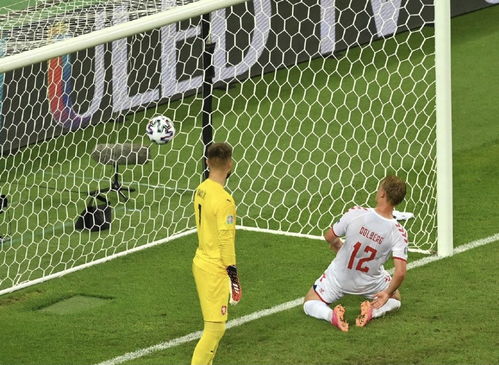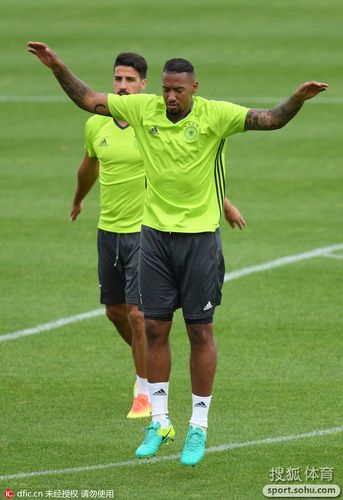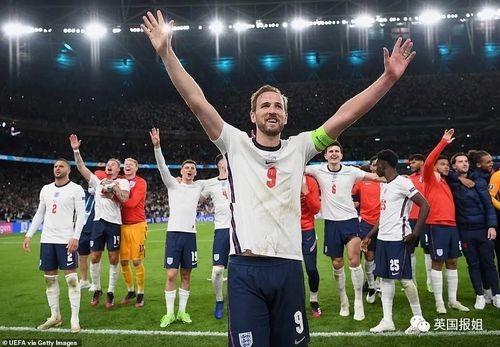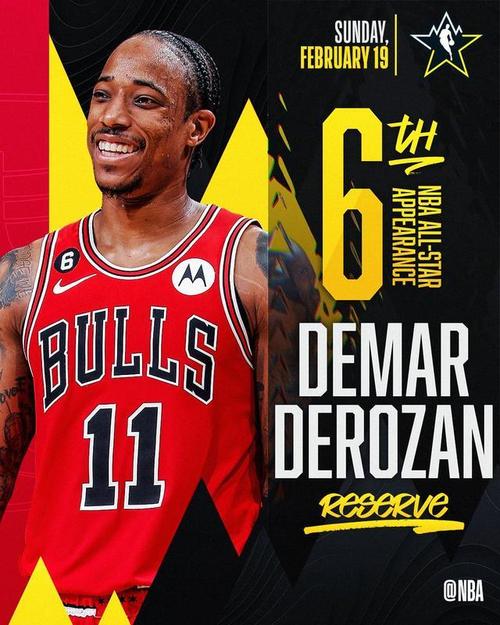ThePrecisionof90Minutes:ADeepDiveintotheDurationofUEFAEuropeanChampionshipMatches
Introduction:
The UEFA European Championship, often referred to as the Euros, is one of the most prestigious football tournaments in the world. It brings together the best national teams from across Europe to compete for continental glory. A key aspect of the tournament that sets the rhythm for every game is the duration of the matches, which traditionally lasts 90 minutes. This article explores the significance of the 90minute format in the context of the European Championship, examining its origins, impact on the game, and the strategies employed by teams within this timeframe.
Origins of the 90Minute Match:
The standard duration of a football match was not always set at 90 minutes. The early days of the sport saw various lengths of play, with rules differing from one competition to another. It was not until the late 19th century that the 90minute format was established as the norm. The International Football Association Board (IFAB), which governs the Laws of the Game, formalized this duration, and it has remained unchanged for over a century. The Euros, as a tournament governed by these laws, adheres to the 90minute standard, with two halves of 45 minutes each.

Strategic Implications of the 90Minute Format:
The 90minute duration of a match has profound implications for team strategy. Coaches and players must plan their tactics with this timeframe in mind, considering factors such as stamina, substitutions, and the potential for extra time or penalties. The first half is often about feeling out the opposition, while the second half sees teams ramping up their efforts to secure a win. The final minutes of the match are particularly critical, as teams may employ a "siege mentality" to either defend a lead or push for a goal.
Impact on Player Fitness and Conditioning:
The physical demands of a 90minute match are significant. Players must be in peak physical condition to maintain performance levels throughout the game. The Euros, with its high level of competition, requires athletes to be at their best. Training regimens, dietary plans, and recovery strategies are all tailored to ensure that players can endure the full duration of the match without a drop in performance.
The Role of Substitutions:
Substitutions are a crucial element of managing a team's resources within the 90minute framework. Each team is allowed a maximum of three substitutions during regulation time, which can be used to bring fresh legs onto the field, replace injured players, or alter the tactical setup. Coaches must make these decisions wisely, as they can significantly impact the outcome of the match.
Extra Time and Penalties:
While the standard match duration is 90 minutes, the Euros can extend beyond this timeframe. If a match is tied at the end of regulation time, it proceeds to extra time, consisting of two additional periods of 15 minutes each. If the deadlock remains, the match is decided by a penalty shootout. These extended periods add another layer of strategy and pressure, as teams must adapt their play to the additional time and the unique challenge of penalties.
Conclusion:
The 90minute match is a cornerstone of the UEFA European Championship, shaping the rhythm, strategy, and spectacle of the tournament. It is a testament to the enduring nature of the game's laws and the physical and mental prowess of the players. As the Euros continue to captivate audiences worldwide, the precision of the 90minute format remains a fundamental aspect of the competition's appeal. Whether it's the tactical battles, the physical endurance, or the dramatic finishes, the 90 minutes of play encapsulate the essence of European football's finest hour.
体育资讯
MORE>- 搜索
- 最近发表
-
- 演员张丰毅,我这辈子最正确决定,就是和前妻吕丽萍各奔东西
- 中国举重队满额出征世锦赛
- 亚冠情报:中央海岸队史9战日本球队7次落败,横滨远征澳大利亚飞行10小时
- 聚合智慧 | 升华财富 产业智库服务平台
- 体育课“天天见”,要开足更要开好
- 四川:大课间活动评比释放学校体育发展活力
- 中央广播电视总台蛇年春晚吉祥物国产最新地址24小时失效“巳升升”亮相
- 2024中国体育文化博览会、中国体育旅游博览会在苏州举办
- 混合团体世界杯国乒轻取德国队
- 对标世界级赛事场馆,济南黄河体育中心以何担当?
- 体育是读懂中国的一个好窗口
- 跨省也能给家人用 快来学习“医保《c到怀孕为止》动漫钱包”如何操作
- 体育课“天天见”,要开足更要开好
- 多国专家与一线71049.соm查询王中王人道工作者共论“中国人道传统与国际人道理念”
- 什么是外场手?它与体育产业有何关联?
- 勇士队
- 培养高素质体育人才,推动乡村振兴
- 深圳,体育赛事大爆发!
- 体育教育专家吴键谈体育 家长应“放手” 社会要多支持
- 2024中国体育文化博览会、中国体育旅游博览会在苏州举办
- 标签列表
-
- 2024欧洲杯百度百科 (15)
- 2024年欧洲杯足球场 (13)
- 2024欧洲杯比赛时间 (28)
- 为什么欧洲杯看不了 (11)
- 欧洲杯一共多少球队 (15)
- 欧洲杯在哪个国家举行2024 (12)
- 欧洲杯多少支球队参加 (11)
- 欧洲杯为什么没有中国 (14)
- 欧洲杯共多少场比赛 (10)
- 欧洲杯为什么没有直播 (12)
- 欧洲杯有多少只球队参加 (11)
- 2024年欧洲杯预选赛 (14)
- 欧洲杯2024在哪个国家 (11)
- 在哪里可以看欧洲杯预选赛 (13)
- 欧洲杯每场比赛场地 (13)
- 欧洲杯预选赛最新战况 (13)
- 欧洲杯 (16)
- 2024欧洲杯全部赛程 (12)
- 欧洲杯赛程 (11)
- 直播带货公司 (11)
- 直播网站 (12)
- 直播:百度世界2023 (11)
- 直播吧 (20)
- 直播软件 (13)
- 直播代运营公司 (13)



